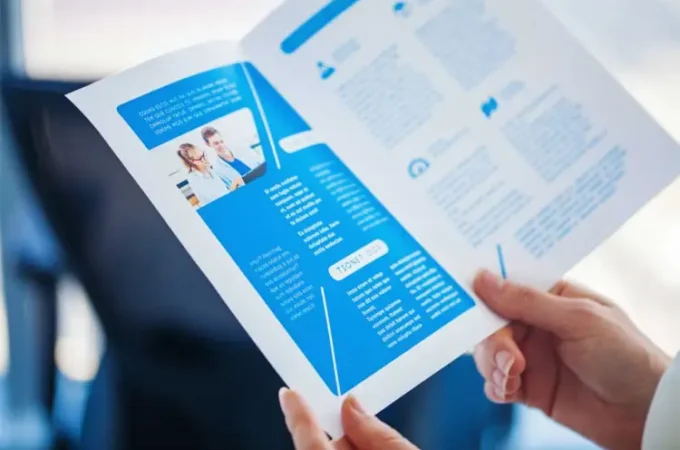
Tech Gadgets to Manage the Golden Years with Confidence
The baby boomers have been hitting retirement age since 2011, so they make up a demographic that currently has very specific needs as they age. Baby boomers presently account for about 29 percent of the entire U.S. population. Because of this, more and more caregiving of the elderly is occurring – and frequently by unpaid family members who are also raising their own families.
Luckily, we live in an age that offers many tech gadgets that can help the aging population manage their golden years with confidence. These devices not only help the elderly, but they can also help the caregivers as well. There is a new and expanding market that caters to the needs of the elderly, and technology is finding creative ways to help – whether you are aging in place, moving in with relatives, or moving into an assisted living or nursing facility.
Here are the latest and greatest technological tools and devices that can help caregivers and seniors:
Wearables such as smart watches and medical alert systems.

Life alert systems come in the form of a wristband or pendant and are remarkable for keeping seniors safe at all times. If a loved one falls, wanders off, or has any other kind of medical emergency, they can reach help with the touch of a button. The large variety available means you should shop around to make sure that what you get fits your specific requirements.
Medication tracking devices.
![]()
Medication management is essential to most seniors, especially if they have issues with memory loss. Medication tracking devices can be a lifesaver for anyone who has trouble keeping up with the daily medications. Some of these trackers are wearable reminder systems while others may integrate tech elements such as a digital timer into a traditional pillbox. (Some of the medical alert systems may also offer this reminder service – check some of the medical alert system reviews for quick comparisons.) There are also subscription-based medication services such as pillpack.com that sorts and delivers a senior’s medication by date and time. This kind of service can really simplify a medication schedule because the online pharmacy does all of the work for you.
Telemedicine.

Communicating with your healthcare providers over the Internet is already an option, and a great service for the elderly. Telehealth services are already being offered for a variety of specialties, including mental health, dentistry, counseling, physical therapy, home health, and many other areas. Being able to consult with a physician via Apple’s FaceTime app, or other video link, is especially appealing to the elderly who may have difficulty walking or getting a ride to the doctor’s office. With the advancing technology that is available, telemedicine (which is direct physician treatment remotely) is becoming more widely available for everyone.
Videoconferencing.

The precursor to telemedicine, videoconferencing via Skype and FaceTime has been around for a while. Traditionally used in the workplaces where virtual employees are becoming more common, these services can also be useful for seniors and their caregivers. Being able to check on a loved one through a video stream can help both parties connect and make sure that all is well.
Voice assistant technology.

This category of hands-free, voice-activated devices includes Amazon Alexa, Microsoft Cortana, Google Home, and Apple Siri. These are devices that can provide more than just the time of day; they can actually be set up to call a loved one, contact 911, or simply remind you to take your medication. They also can provide a unique version of a companion to those who live alone. Seniors can especially enjoy interacting with these AI devices, which can tell stories, recite jokes, provide weather reports, or play your favorite music from the 1950s. They are a virtual encyclopedia of information, entertainment, and music that can reduce isolation and provide electronic companionship.
Ride-booking apps.

Apps such as Uber and Lyft have changed the way we all travel. These ride-booking apps have been a boon for the elderly, especially for those who no longer have a car or feel safe driving. These services also help out the caregivers, who may not be available when the loved one needs a ride to the doctor or grocery store. In addition to these apps, there are also concierge services such as gogograndparent.com that can help seniors arrange for a ride without the use of a smart phone. These services also can provide caregivers with in-transit monitoring for assurance that seniors reach their destination.
A 2016 AARP study estimated that by 2020, 117 million Americans would need assistance of some kind, yet the overall number of caregivers would only reach 45 million. What will bridge that gap? Caregiving technologies of the kind discussed here. These are just a few of the futuristic technologies that are already becoming available to help caregivers and those who are reaching the age of needing some assistance on a daily basis.




